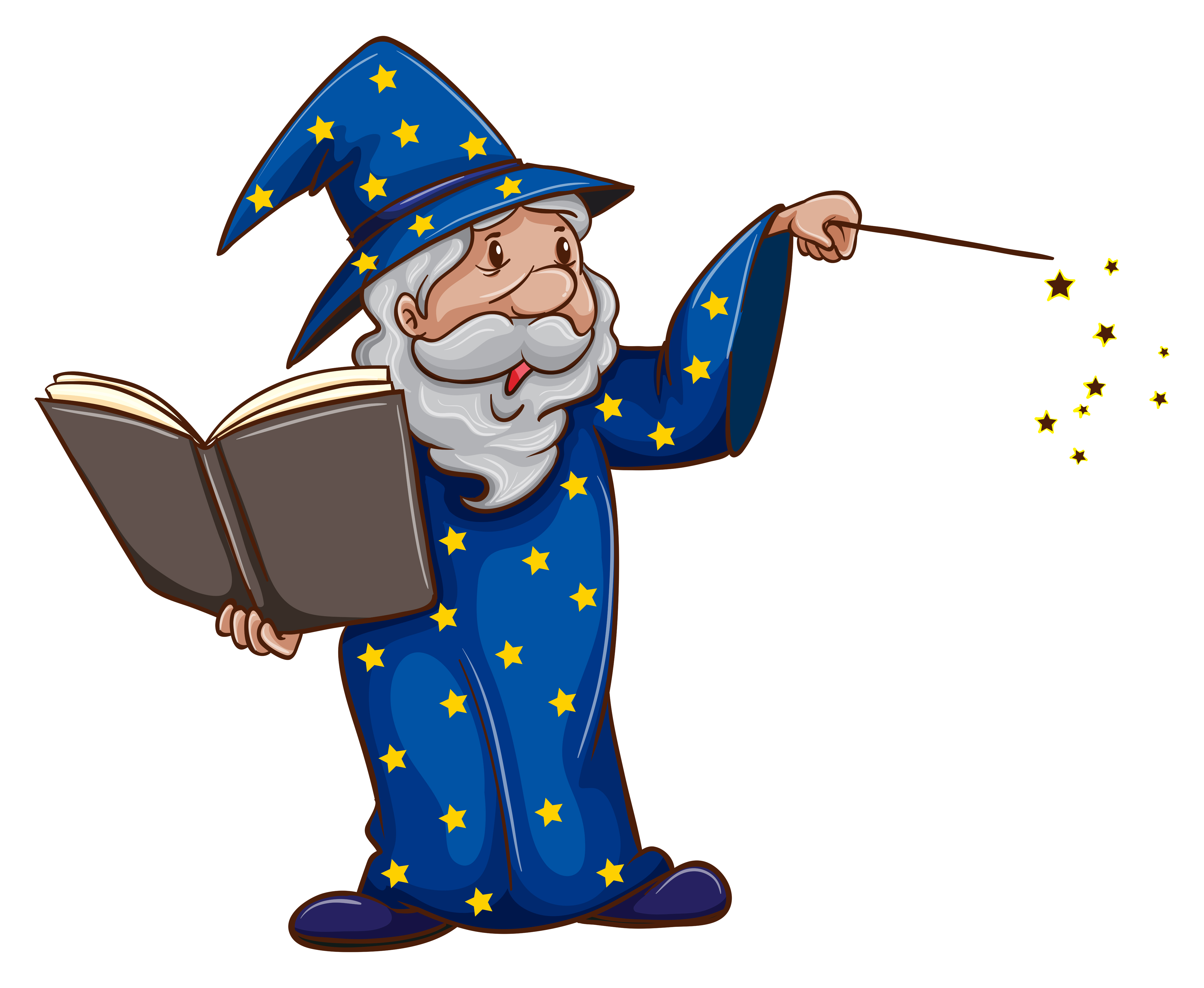The world has always been fascinated by the concept of a wizard—an individual shrouded in mystery, possessing extraordinary powers and the ability to manipulate the very fabric of reality. Whether through the lens of folklore, literature, or cinema, the wizard archetype has captured imaginations for generations. From the wise old man with a long beard to the young sorceress discovering her powers, wizards embody a unique blend of wisdom, power, and adventure.
In this exploration of "the wizard," we’ll delve into the origins of this magical figure, the various representations throughout history, and the cultural significance they hold. Wizards often serve as mentors or guides in narratives, aiding heroes on their quests and teaching them valuable lessons. Their role in storytelling extends beyond mere magic; they often symbolize the pursuit of knowledge, the struggle between good and evil, and the complexities of human nature.
As we journey through the enchanting world of wizards, we will examine their characteristics, significant literary and cinematic portrayals, and even the impact of modern interpretations. What makes wizards so compelling? How do they continue to resonate with audiences today? Join us as we unravel the layers of this fascinating figure and explore the myriad ways "the wizard" has influenced our culture.
What is the Origin of the Wizard in Mythology?
The archetype of the wizard can be traced back to ancient mythologies and folklore. Often depicted as wise men or shamans, these figures were believed to possess knowledge of the natural world and the supernatural. They served various roles, from healers to advisors to kings. In many cultures, wizards were seen as intermediaries between the human realm and the divine, possessing the ability to communicate with spirits and harness magical forces.
How Have Wizards Evolved in Literature?
Throughout literature, the depiction of wizards has evolved significantly. Early representations, such as Merlin from Arthurian legends, portrayed wizards as wise and powerful figures, often serving as mentors to heroes. In contrast, modern interpretations have introduced complex characters with flaws and vulnerabilities, reflecting the multifaceted nature of humanity. From J.K. Rowling’s Harry Potter series to Philip Pullman’s His Dark Materials, wizards have become symbols of both good and evil, showcasing their transformative power in storytelling.
What Are Some Iconic Wizards in Cinema?
- Gandalf from The Lord of the Rings – A symbol of wisdom and resilience, Gandalf guides the Fellowship through their perilous journey.
- Merlin from Excalibur – The classic depiction of the wizard as a mentor and protector of the realm.
- Albus Dumbledore from Harry Potter – A complex character embodying both wisdom and sacrifice, Dumbledore plays a crucial role in the fight against dark forces.
- Saruman from The Lord of the Rings – A cautionary tale of a wizard who falls from grace, illustrating the corrupting nature of power.
Who is the Most Famous Wizard in Popular Culture?
When it comes to wizards in popular culture, few can rival the fame of Harry Potter. Created by J.K. Rowling, Harry's journey from an ordinary boy to the Chosen One who battles dark forces has captivated millions. The wizarding world is rich with intricate lore, magical creatures, and a diverse array of characters, each contributing to the overarching narrative. Harry Potter has sparked a resurgence of interest in the wizard archetype, leading to a new generation of fans who are enthralled by magic and adventure.
What Are the Key Traits of a Wizard?
Wizards, whether in literature, film, or folklore, often share several key traits that define their character:
- Wisdom – Wizards are typically depicted as knowledgeable individuals who possess profound insights into the world around them.
- Power – The ability to wield magic and manipulate the elements is a defining characteristic of wizards.
- Mystery – Wizards are often shrouded in secrecy, with their motivations and pasts remaining enigmatic.
- Guidance – Many wizards serve as mentors, providing guidance to the protagonists on their journeys.
How Do Wizards Reflect Human Nature?
Wizards often embody the duality of human nature, representing both the potential for great good and the capacity for immense evil. They are complex characters who navigate moral dilemmas, showcasing the struggle between light and darkness. This duality allows readers and viewers to relate to wizards on a personal level, as they grapple with their own challenges and choices in life. Through their stories, wizards encourage us to reflect on our own values, aspirations, and fears.
What Is the Cultural Significance of Wizards Today?
The cultural significance of wizards continues to evolve in contemporary society. They serve as symbols of empowerment, creativity, and the pursuit of knowledge. In an age where science and technology dominate, the allure of magic and the unknown remains strong. Wizards inspire individuals to explore their own potential, embrace their uniqueness, and seek out the extraordinary in everyday life.
Conclusion: The Enduring Legacy of the Wizard
In conclusion, "the wizard" is more than just a character in stories; they represent humanity's longing for understanding, exploration, and transcendence. Their multifaceted nature allows them to resonate deeply with audiences across generations. Whether serving as mentors, embodiments of wisdom, or cautionary tales, wizards continue to inspire and enchant us. As we reflect on the legacy of wizards in mythology, literature, and modern culture, we are reminded of the magic that exists within us all.
| Personal Details | Bio Data |
|---|---|
| Name | Harry Potter |
| Birthdate | July 31, 1980 |
| Nationality | British |
| Occupation | Wizard, Auror |
| Notable Works | Harry Potter series |

![[ART] Human Wizard Character art DungeonsAndDragons](https://i2.wp.com/preview.redd.it/51v3q7lclse51.jpg?auto=webp&s=f386e6cf5c77dd9a7093411408cc08d9544205b6)


